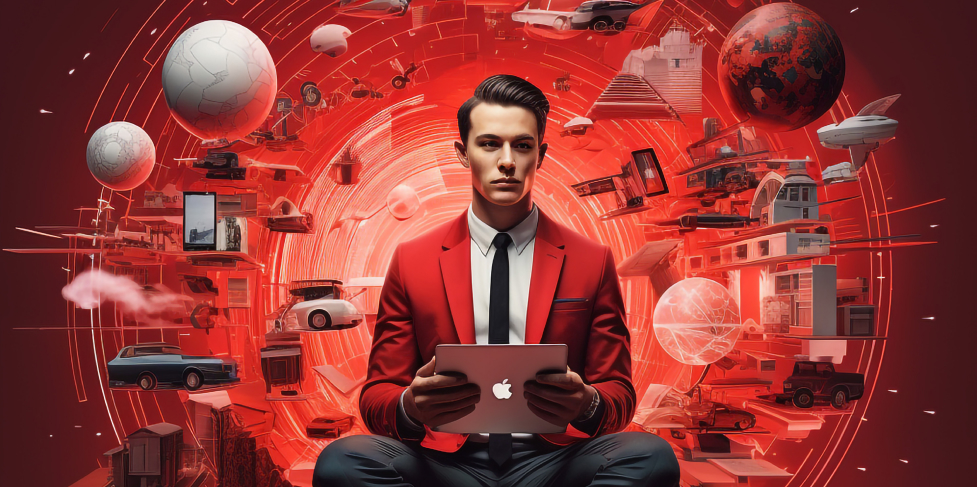President & Head of Digital Engineering Services
Cigniti Technologies
The recent advancements in AI have had a profound impact on every one of us. We have experienced it through personalized services to unimaginable improvements in healthcare and space travel. On the flip side, concerns include whether this non-human intelligence will share similar values and our role and relevance as humans. Democratizing AI can perhaps allow the participation of the many in the development of AI and foster an equitable society as our best chance to shape the technology for the greater good.
Artificial Intelligence (AI) has been a popular theme in movies and science fiction for a long time. Movies are made where AI is portrayed as an apocalypse or a hero saving Terminator. Films have also depicted humans falling in love with AI!
AI algorithms integrate into aspects of our daily lives without our conscious awareness. Through our interactions with social media, algorithms discreetly recommend products and connections based on our behavior. In doing so, AI enhances the efficiency and personalization of services. Various sectors employ AI systems for diverse applications, such as intelligent farming, advanced manufacturing, better healthcare, and fraud prevention.

However, there are concerns that AI can develop "goals" that are counter-beneficial to humans. Privacy invasion and job displacement are immediate anxieties. Wrong usage of AI may cause social unrest and wars. For example, when algorithms display tailored content to users' critics argue that it contributes to the formation of echo chambers, one-sided opinions leading to ideological bubbles, isolating users from opposing viewpoints and new ideas – exacerbating polarization in political and cultural discourse.
The world seems divided, with some aggressively investing in AI while others advocating stringent oversight. The risk of over-reliance on AI, leading to decreased human involvement and accountability, demands careful consideration. Striking a balance between innovation and safeguarding human interest is paramount for AI's constructive integration into the society.
Democratization of AI refers to making AI technologies more accessible, inclusive, and participatory. The process involves initiatives such as open-source AI frameworks, educational programs, regulatory policies, and efforts to address bias and ethical concerns. It can level the playing field and bridge existing socioeconomic disparities. By providing equal access to AI tools and resources, individuals can enhance creativity, innovate, and participate actively in the economy.
There are many initiatives like AI for Humanity , AI for Social Good, and AI Ethics Labs that focus on using AI for humanitarian purposes, environmental sustainability, and social justice. Such programs are not just limited to people involved in the development of AI but also allow everyone to contribute. It can mitigate concentration of power by spreading access and influence across countries, companies, and individuals to shape AI's trajectory. Diffusion of power fosters innovation and accountability equally while leading to a more balanced and equitable technology.
As AI technologies shape our societies, we as humans shape the development of AI and its use. The technology itself does not pose a challenge, but the potential use of it determines whether we are heading toward a gloomy or an all-inclusive society. By democratizing AI, we will control how we shape our destiny as humans. The development of AI is no longer an engineering task but one of shaping our future, which requires careful consideration and addressing difficult ethical and moral questions. We need to be aware of this as developers, custodians, consumers, and citizens of AI and play our role for the betterment of the world.
Keywords: Artificial Intelligence, Responsible AI, AI ethics, AI Integration, AI, Privacy Invasion, Job Displacement, Ethical Concerns, Democratization of AI, Societal Impact, Open-source AI, AI for Good, Technology, Innovation, Opinion

